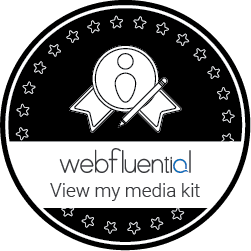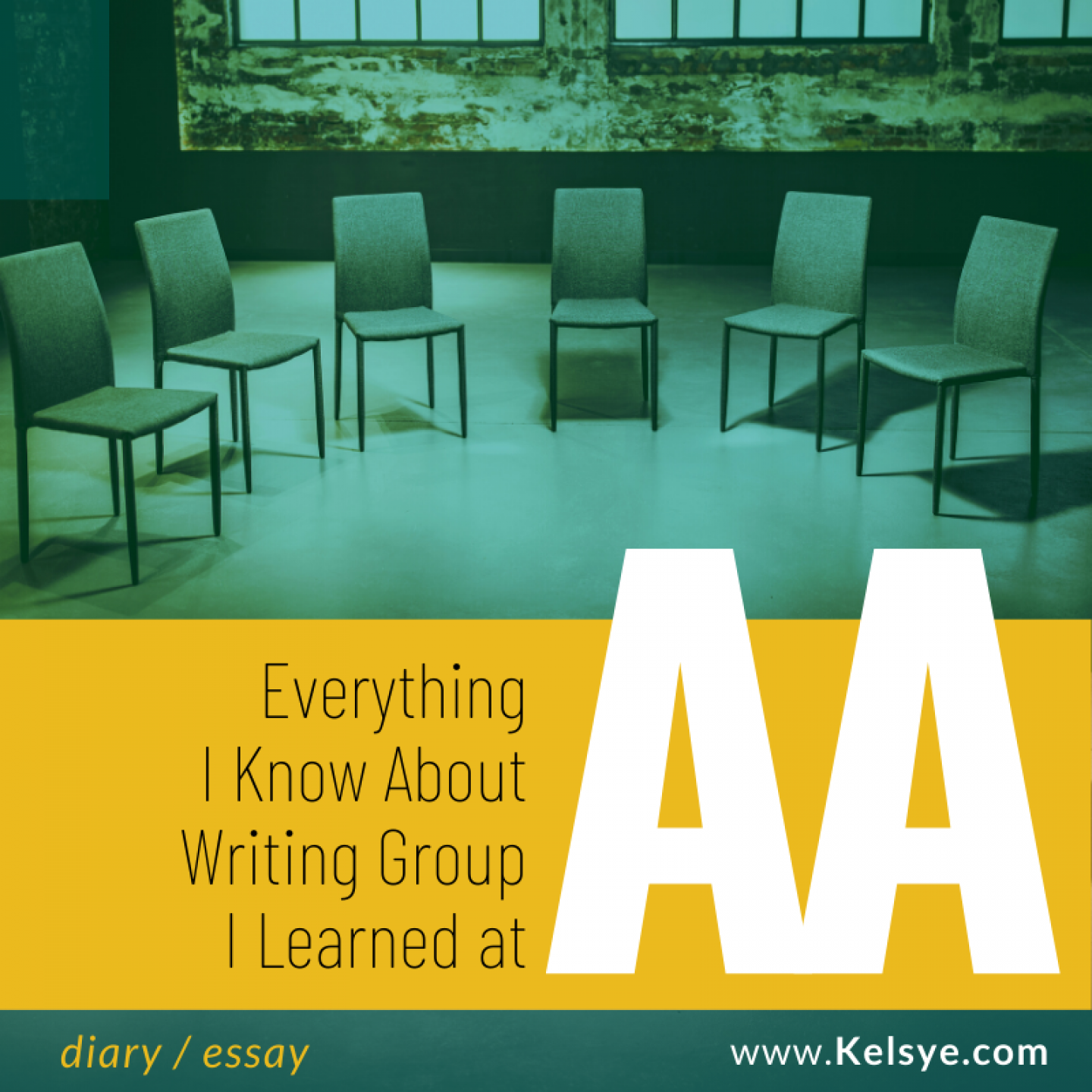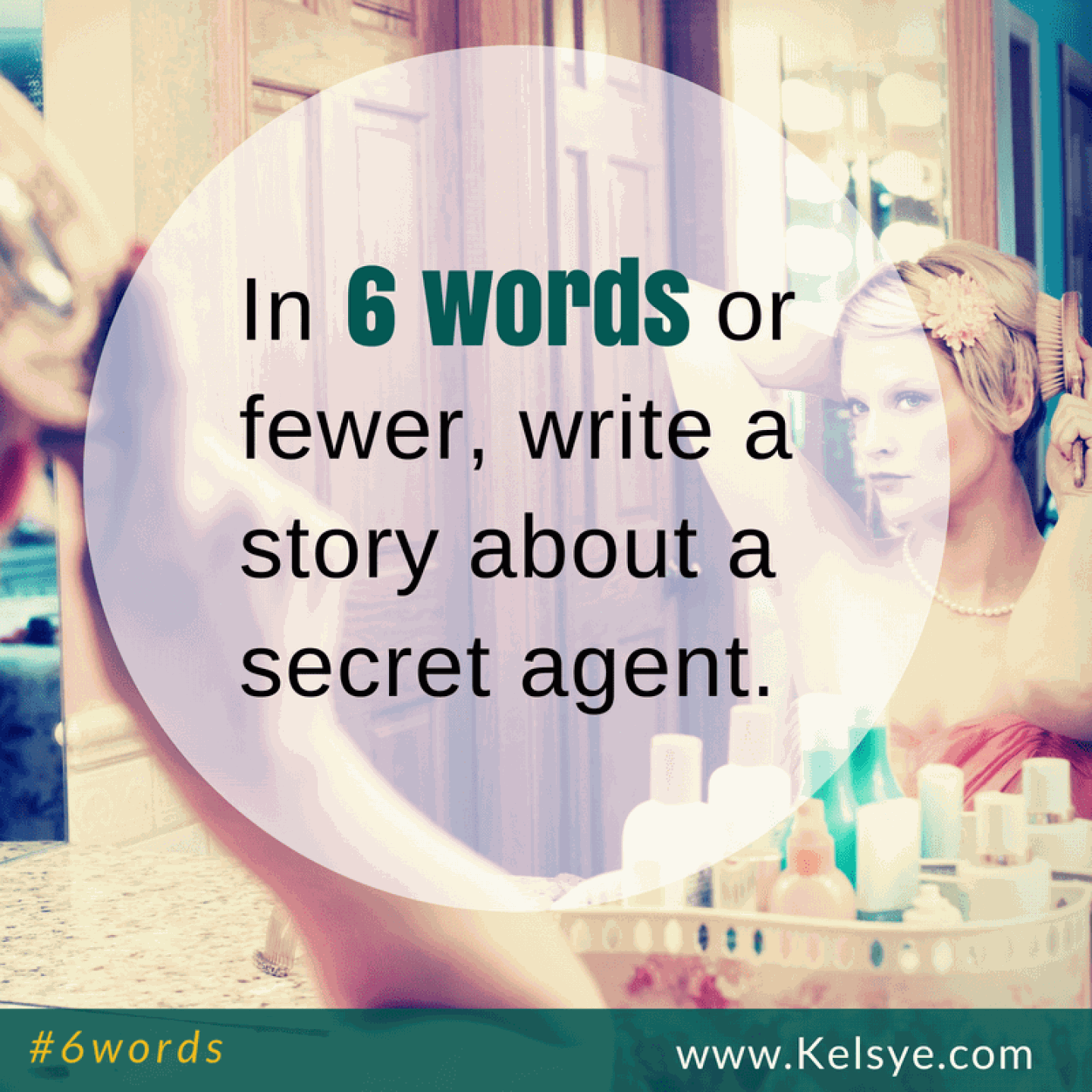When do you know that you're a real writer?
Is it the first moment you pick up the pen and scratch out a sentence, or is it back when you are thinking about wanting to write. Is it when you get an agent, or when your first book is published? If you publish traditionally, are you more of a real writer than if you publish independently? Is it when you sell a hundred copies, or become a bestseller? Perhaps after your win a big writing contest you'll be a real writer. Maybe it's when your mom introduces you, "This is my daughter. She's a writer."
So often we wait for external validation to confirm the identifies we long for. We may wait a really long time.
I first admitted out loud that I wanted to be a writer when I was 21 years old. I was living in the French Quarter of New Orleans, furiously scribbling away in black journals while sipping sugary coffee at back alley cafes. My favorite writing spot was right next to the William Faulkner house. My lines dripped with imitated southern gothic sentiment. Certainly I was an artiste, even if I kept a day job at Shell Oil and hadn't actually published anything ever.
When my daughter was born a few years later, it became clear that if I expected her to follow her dream, I better damn well follow mine. To move this whole writer fantasy out of the dark alleys and into the light of day, I signed up to finish my four-year degree at The Evergreen State College, my concentration listed as writing. Here I learned that writing is a craft, something that may be learned and improved upon. Excellent mentors such as Bill Ransom, Steven Hendricks, Bruce Benderson, and Leonard Schwartz taught me how to evolve my prose to something both meaningful and readable.
After a couple brief years of admittedly dramatic improvement, I deemed myself brilliant and ready for the world. I self-published a book of short works and queried at least 50 agents and editors. Thumbing through one of the 500 copies of my book I had printed in advance of certain fame, I realized that perhaps I could have benefited from the assistance of an editor. I found quite a few grammatical errors. Oh well, surely a few spelling errors would not diminish the overwhelming genius of my work, right?
Not so much.
I received about 20 rejection letters, the rest simply ignored my queries. With no distribution, platform or marketing channels, the error-ridden books I paid for with my limited fund simply rotted away in my mother's barn.
Too soon. I went out too soon.
Disheartened, but a tiny bit wiser, I took a job teaching English over seas. Life in Japan inspired me to start work on my first novel. I wrote with abandon. Most importantly, I also read and lived with abandon. I collected experiences and authors as though storing up a great war chest - my writer's war chest.
Ten more years I worked on my craft, starting my own writing group and getting regular feedback, reading across genres and periods, learning about the business of publishing. When I compare myself now with the writer I was when I was twenty-five, I can see how far I've come. I know also have a sense of how very far I have to go. How do you become a writer? You write, read and live. Repeat.
"If you want to achieve greatness, stop asking for permission." - Eddie Colla
No one will point at you and say, "You are a real writer." It's not their job. It's your job. You declare, "I am a writer." And then you write and you learn and you read and you write.
I had stopped waiting for permission when finally an agent knocked at my door. Youthful impatience be damned, it was all those years working on my craft and learning about the publishing world that made me suddenly a beacon for those I once considered gatekeepers. When I had my author platform built, when I had well-written (and professionally edited) stories self-published and available on Amazon, when I was out in the world joyfully working on publishing projects, that's when I got the call from the agent.
Here's the secret...
There is no gatekeeper.
There is only what you do and what you don't do. It doesn't matter if you want to be a writer, or an entrepreneur or an airplane mechanic, the path is the same. Name your dream. Practice. Learn. Live. Repeat.








